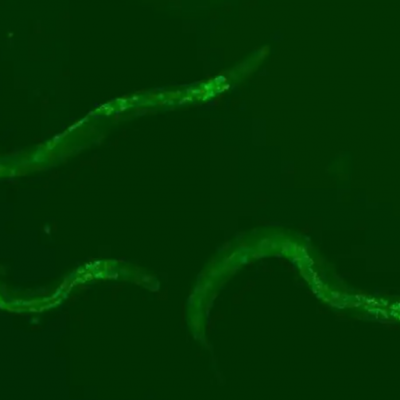A natural substance called spermidine has been found to improve cognitive performance in older individuals. Spermidine is found in various foods such as nuts, mushrooms, and wheat germ. Studies conducted on flies and nematodes have shown that a spermidine-rich diet can improve brain function and extend lifespan. A pilot study conducted in 2017 also suggested that spermidine has positive effects on memory in humans. Researchers from the University of Graz and the Medical University of Innsbruck have now investigated whether spermidine can slow down cognitive decline in mice and humans.
In the first experiment, the team fed older mice a spermidine-rich diet for six months and tested their memory and learning abilities before and after the period. The results showed that mice who received an extra dose of spermidine performed better in various memory tests than those who did not. The researchers then analyzed health data from 800 older participants in a long-term study in South Tyrol to determine whether spermidine had similar effects on humans. The study found that individuals who consumed more spermidine had better cognitive test results than those who consumed less.
The positive effects of spermidine on cognitive function may be due to its ability to increase mitochondrial function in the hippocampus, a brain region crucial for learning and memory. Spermidine may also have a positive effect on the autophagy, or cell cleaning system. These findings suggest that spermidine could potentially protect against cognitive decline and offer new opportunities for prevention and therapy. Further studies are needed to confirm these findings and explore the potential of spermidine as a treatment for cognitive decline.










